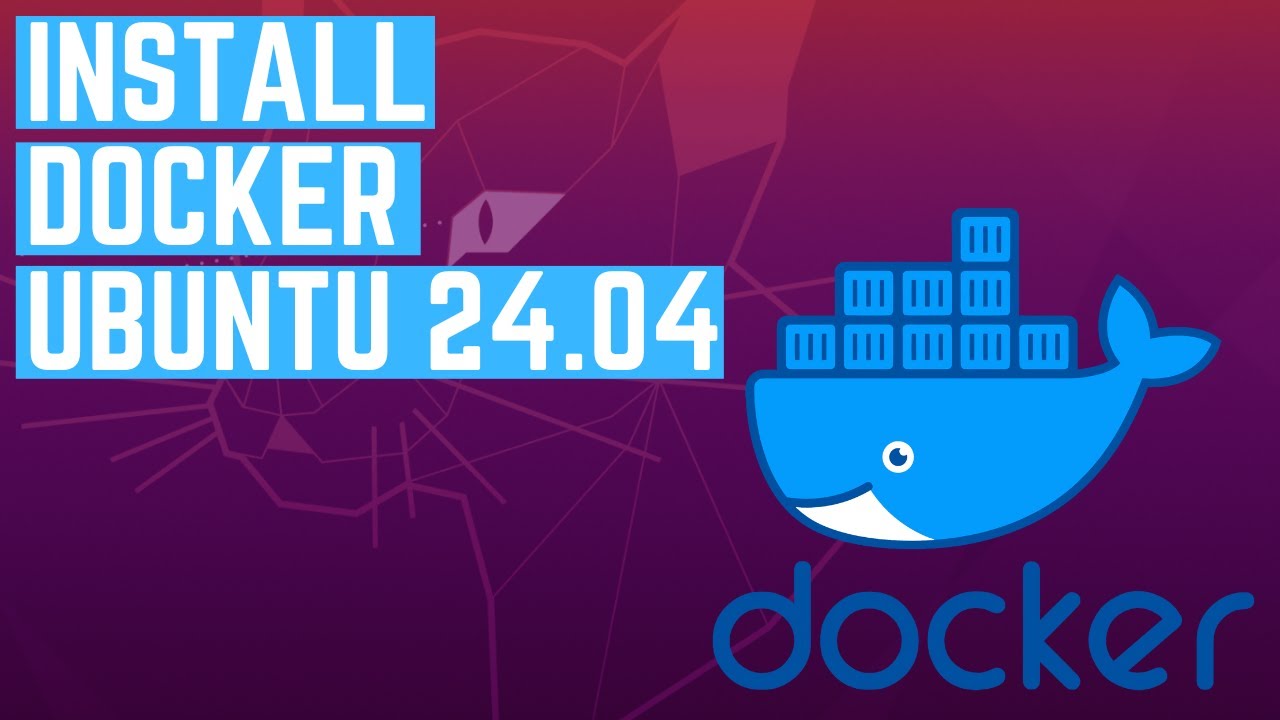
Docker: The Game-Changer for Developers
If you’re a developer or a DevOps enthusiast, chances are you’ve heard of Docker. But if you’re still unsure about why it’s such a big deal, let’s break it down in simple terms. Docker is like a magic box that lets you package your application along with everything it needs—dependencies, libraries, configurations—so that it runs the same way on any machine. Sounds cool, right? Let’s dive into why Docker is a game-changer for developers.
What is Docker**?**
Docker is an open-source platform designed to automate the deployment of applications inside lightweight, portable containers. Unlike traditional virtual machines (VMs), which require an entire operating system for each instance, Docker containers share the host OS. This makes them faster, more efficient, and less resource-hungry.
Why Should You Use Docker?
🚀 Consistency Across Environments
Ever faced the classic “It works on my machine!” issue? With Docker, you can create a container that behaves exactly the same on your local setup, staging, and production environments. No more surprises!
⚡ Lightweight and Fast
Unlike VMs, which need their own OS, Docker containers share the host kernel, making them lightweight and start-up times significantly faster. You can spin up multiple containers within seconds, saving time and computing resources.
🔄 Simplified Dependency Management
Docker allows you to package all dependencies inside the container. So, whether your app needs Python 3.9, Node.js 18, or a specific database version, everything is neatly packed inside and runs without conflicts.
🛠 Easier Collaboration & Deployment
With Docker, developers can build once and deploy anywhere. Whether you’re working in a team or deploying to production, everyone uses the same containerized setup, reducing inconsistencies and debugging time.
Getting Started with Docker
How to Install Docker on Ubuntu 24.04 LTS
Docker makes it super easy to run applications in isolated environments. If you’re using Ubuntu 24.04 LTS, follow this simple step-by-step guide to get Docker up and running on your system.
Step 1: Update Your System
Before installing anything, it’s always a good idea to update your system to ensure you have the latest package lists. Open a terminal and run:
sudo apt update && sudo apt upgrade -y This will update all existing packages to their latest versions.
Step 2: Install Required Dependencies
Docker requires some additional packages to work smoothly. Install them using:
sudo apt install -y ca-certificates curl gnupgStep 3: Add Docker’s Official GPG Key
sudo install -m 0755 -d /etc/apt/keyrings
curl -fsSL https://download.docker.com/linux/ubuntu/gpg | sudo tee /etc/apt/keyrings/docker.asc > /dev/null
sudo chmod a+r /etc/apt/keyrings/docker.ascStep 4: Add Docker Repository
echo "deb [arch=$(dpkg --print-architecture) signed-by=/etc/apt/keyrings/docker.asc] https://download.docker.com/linux/ubuntu $(lsb_release -cs) stable" | sudo tee /etc/apt/sources.list.d/docker.list > /dev/nullThen, update the package index again:
sudo apt update Step 5: Install Docker Engine
sudo apt install -y docker-ce docker-ce-cli containerd.io docker-buildx-plugin docker-compose-plugin This will install Docker and all its necessary components.
Step 6: Verify the Installation
sudo systemctl status docker
sudo systemctl start docker
sudo systemctl enable dockerStep 7: Run a Test Container
Let’s check if Docker is working correctly by running a test container:
sudo docker run hello-world if everything is set up correctly, you’ll see a message saying “Hello from Docker!”
Step 8: Run Docker Without Sudo (Optional)
By default, you need sudo to run Docker commands. If you want to use Docker as a regular user, add yourself to the docker group:
sudo usermod -aG docker $USERThen, apply the changes by logging out and back in (or running newgrp docker). Now, you can run Docker commands without sudo
That’s It!
Docker is now successfully installed on your Ubuntu 24.04 LTS system. You’re all set to start containerizing your applications!
